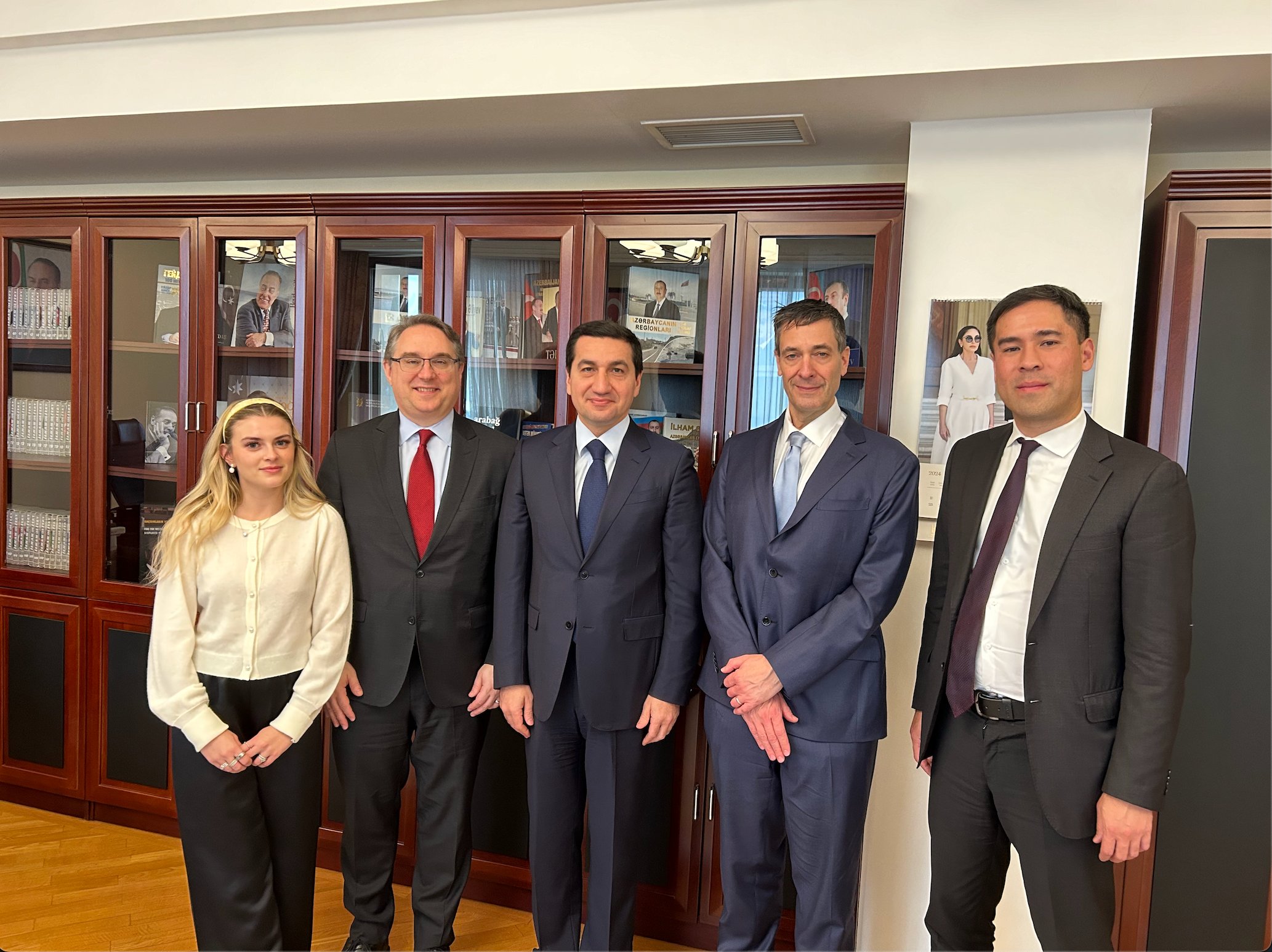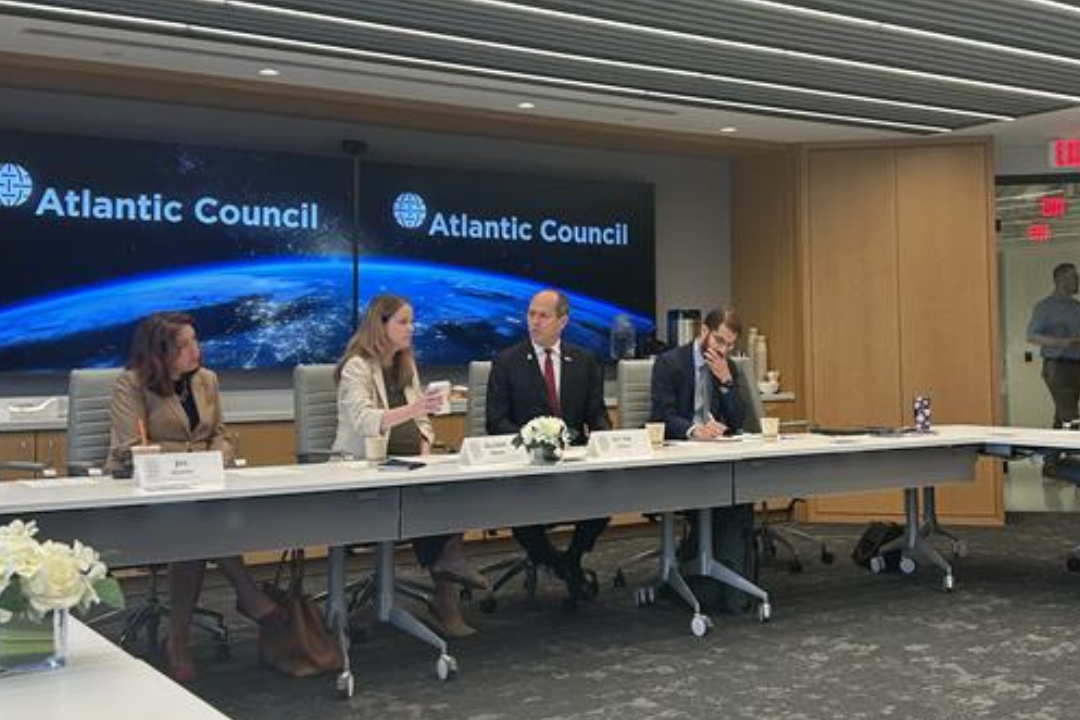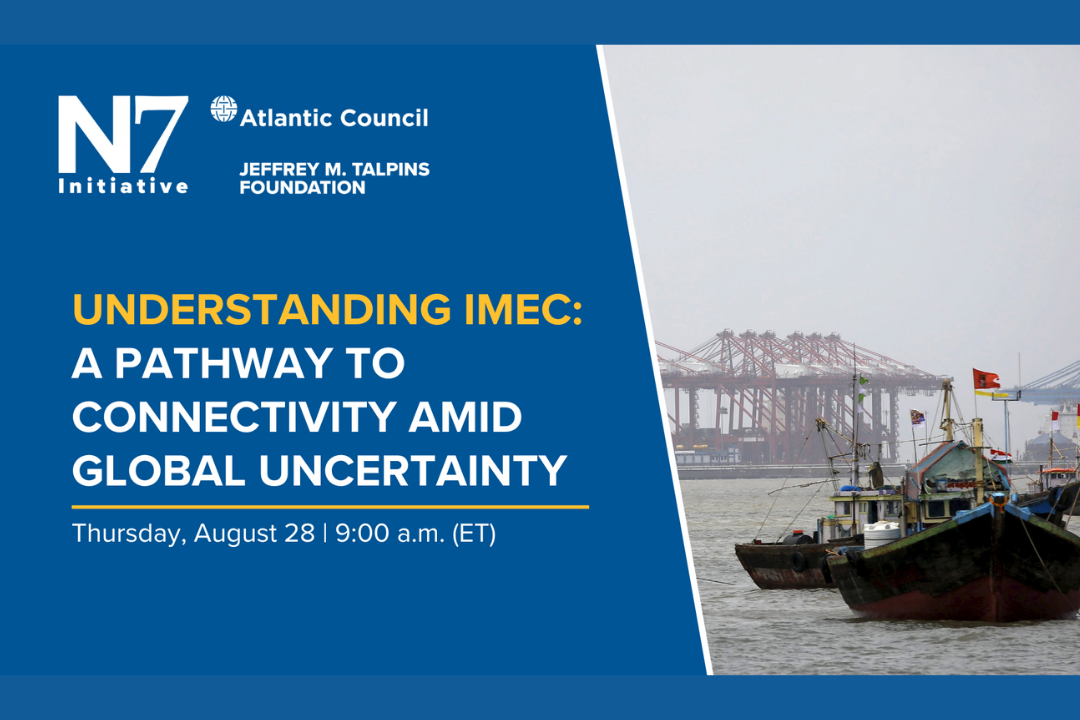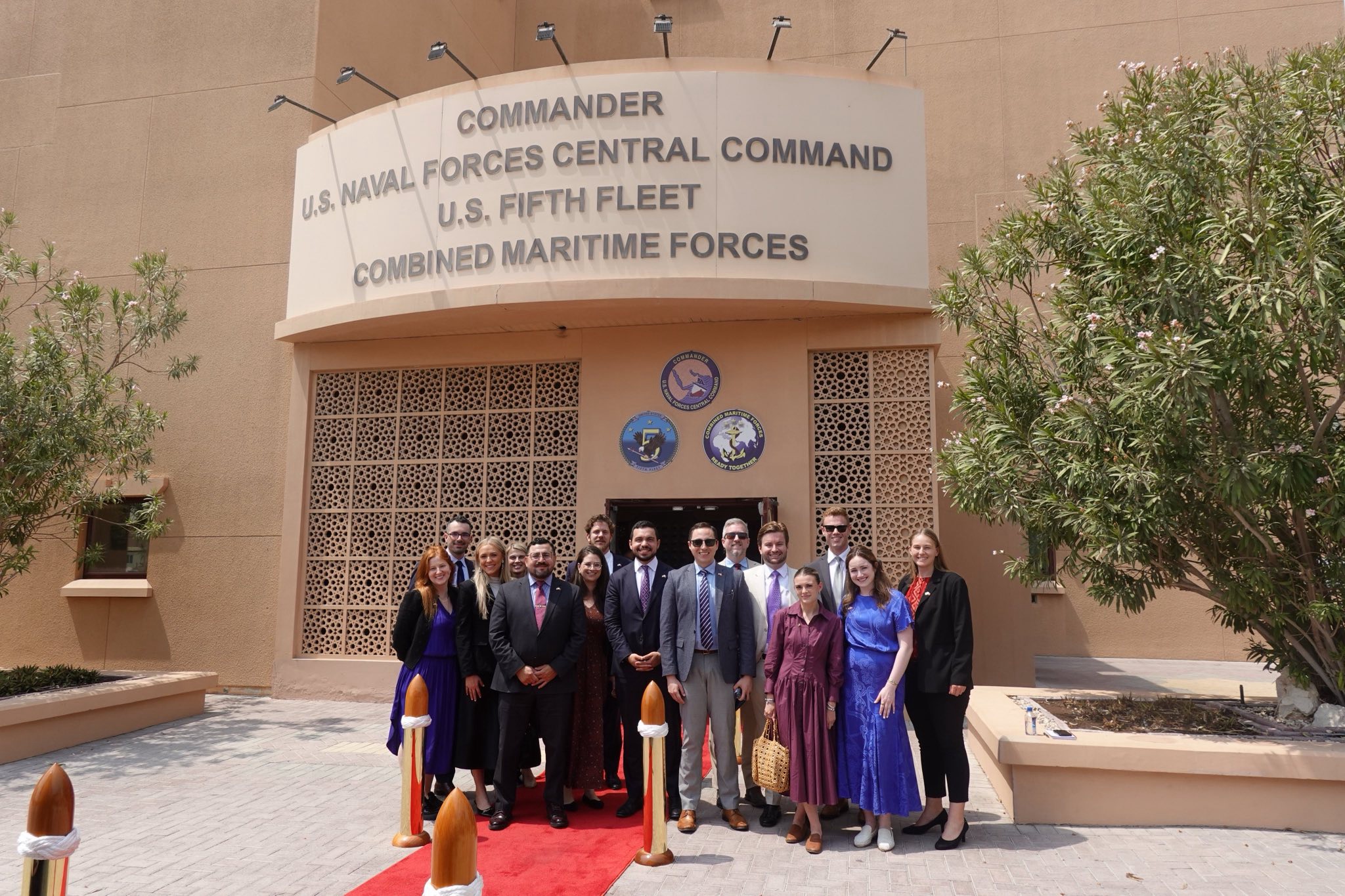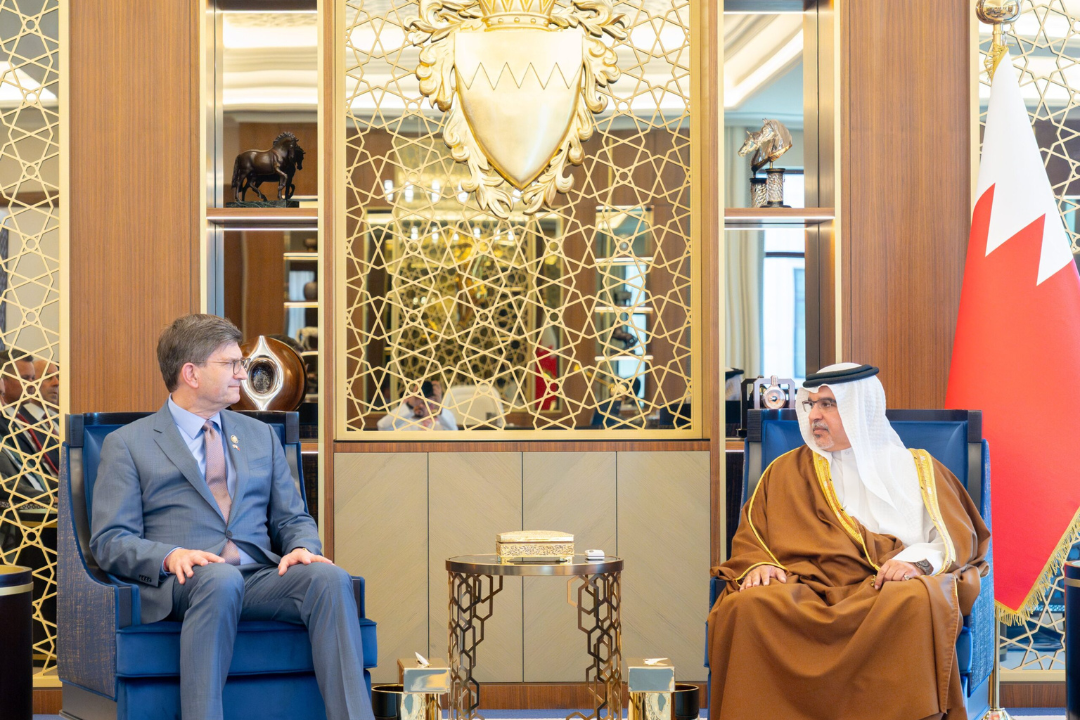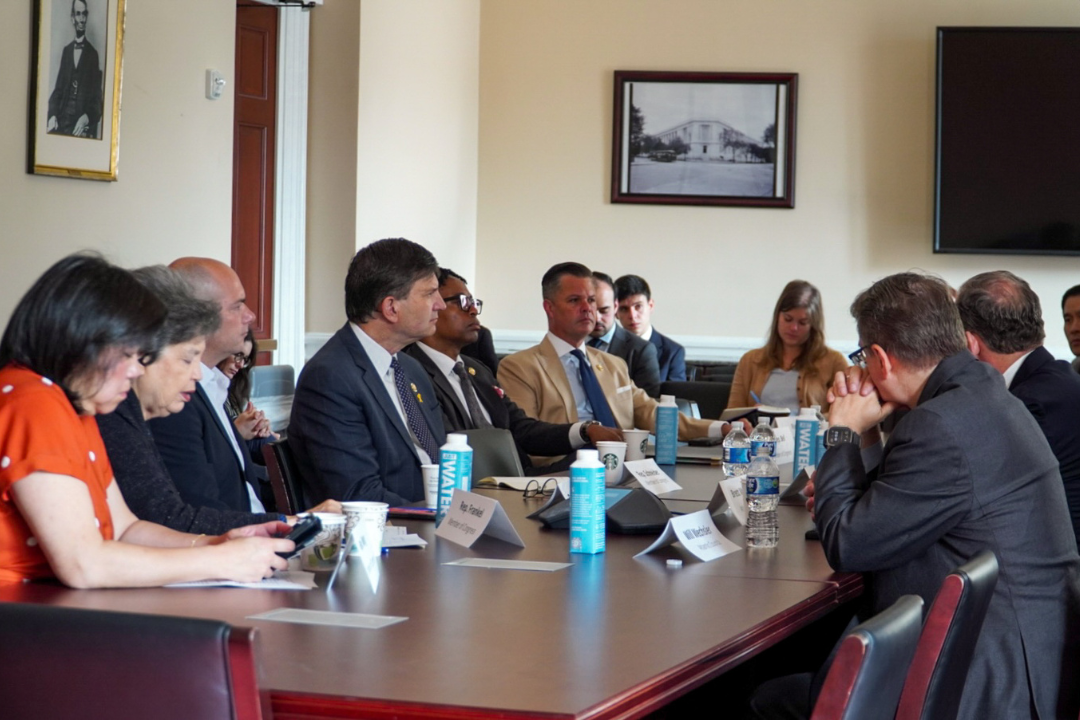The N7 Initiative participated in the 29th Conference of the Parties (COP29) in Baku, Azerbaijan, engaging in productive discussions with senior officials and representatives from Azerbaijan and various N7 countries. These dialogues highlighted the growing leadership role that N7 countries are taking in global efforts to combat climate change and foster sustainable development.
N7 countries are poised to take a leadership role in combating climate change
With recent COP summits hosted by Egypt and the United Arab Emirates (UAE), it is no surprise that N7 partner nations continue to be at the forefront of addressing climate change and its impacts. The UAE, in particular, is preparing to co-host the United Nations’ 2026 Water Conference with Senegal. Scheduled for December 2026 in Dubai, this conference will provide a critical platform to advance solutions to global water challenges—an issue of pressing relevance for Israel and many Arab and Muslim-majority countries worldwide.
Both Azerbaijan and the UAE are significant oil producers whose economies have historically relied on fossil fuel exports. Yet, both nations have recently demonstrated strong commitments to transitioning toward more sustainable energy systems. The UAE’s leadership during COP28, which underscored the importance of reducing fossil fuel dependence, has informed its preparations for COP29. Likewise, Azerbaijan and the UAE can serve as models for other hydrocarbon-exporting countries exploring strategies to diversify their economies and invest in the burgeoning green economy.
While openly promoting new regional climate initiatives between Israel and its Arab neighbors remains politically sensitive, COP29 offered a discreet venue to maintain dialogue. For instance, the Israeli Pavilion hosted an event titled “Advancing Regional Collaboration in Climate Innovation,” spotlighting opportunities for cooperation among N7 countries. Participants considered initiatives such as integrating Israeli solar technology in Jordan with Emirati backing and launching a joint Egyptian-Israeli hydrogen technology pilot in Bahrain, leveraging its business-friendly environment. Although no major regional climate agreements were signed at COP29, the conference facilitated ongoing, constructive conversations that may pave the way for future collaboration.
Beyond government-level action, private-sector climate technology companies in N7 countries are pioneering new solutions. Among them is the Halman-Aldubi Group, which has partnered with Morocco’s Mohammed VI Polytechnic University on an initiative to increase sustainable food production in the North African Sahara. The project involves several Israeli startups working to convert municipal organic waste, insects, and algae into high-protein fish feed. If successful, this innovative model could be replicated across the region, supporting food security and sustainability efforts.

A strategic opportunity in Central Asia: Azerbaijan as a key partner of the United States and friend of Israel
The visit to Baku also underscored strategic opportunities for the United States and Israel to strengthen their relationships with Azerbaijan. As a neighbor of Russia and Iran, Azerbaijan’s relationship with the United States is a important means to enhance its security and stabilty. For its part, the United States benefits from deeper ties with Azerbaijan, which can bolster US influence in the Middle East and Central Asia.
Since the Russian invasion of Ukraine in 2022, Azerbaijan has strengthened its relations with Central Asia, aiming to position itself as the “gateway” to the region. For the past two years, Azerbaijan has been recognized as the “guest of honor” at the 5th and 6th Consultative Meeting of Central Asian States. By offering an alternative trade and transportation route, Azerbaijan could connect Europe and the Central Asia through the Caspian Sea, capitalizing on shifting geopolitical dynamics and a renewed focused on global supply chain resiliency. Such a connection would yield both economic and strategic benefits, especially for the United States which has historically had limited influence in the region compared to rivals Russia and China.
The potential for declining Russian influence in Central Asia’s presents a strategic opportunity for the United States and Israel to work with Azerbaijan to advance this vision. To its immense credit, Azerbaijan’s relationship with Israel has persisted even in the face of tremendous political pressure in the wake of the October 7 attacks. Notably, Israeli officials were welcomed at the COP29 conference, including the Ministers of Environmental Protection, Energy, and Transportation, alongside a delegation of more than one hundred Israelis and twenty companies in their pavilion. Economic and security cooperation between Azerbaijan and Israel continues unabated and should be further expanded.
The N7 Initiative looks forward to working with partners to explore and enhance these emerging opportunities, both in advancing sustainable development and in strengthening strategic alliances in the region.

